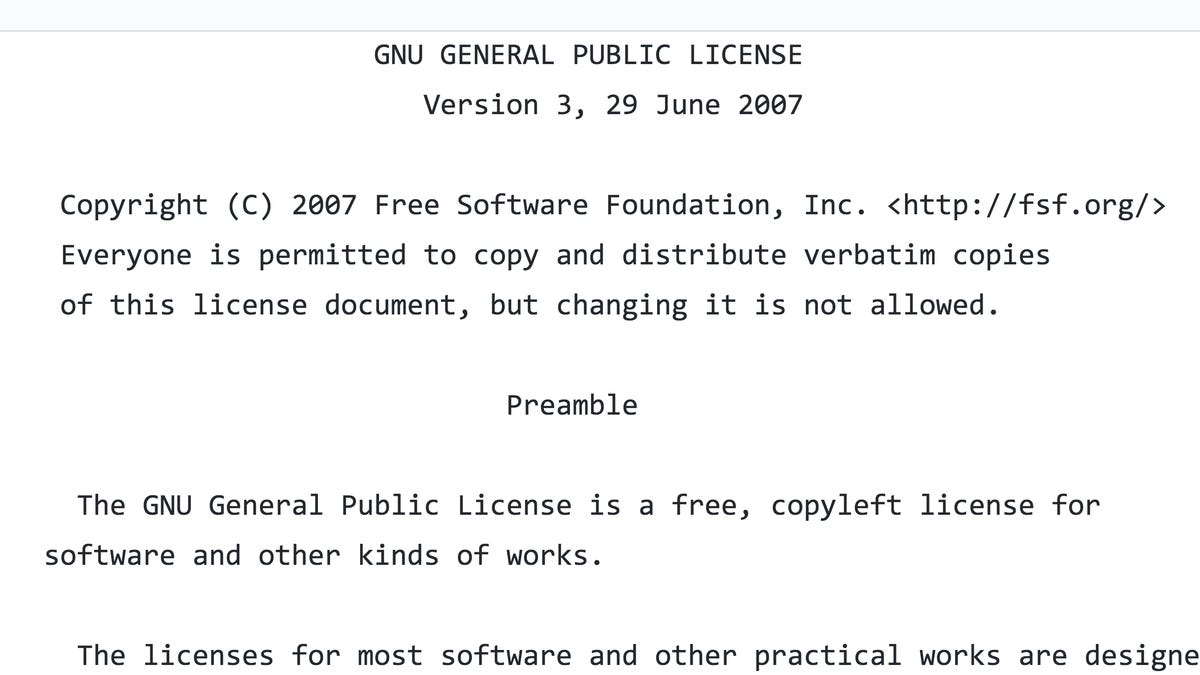Originally posted by oiaohm
View Post
Originally posted by oiaohm
View Post
The GPL code from which the hash is derived is already public. So there is no conflict between GPL and anything else.





Comment